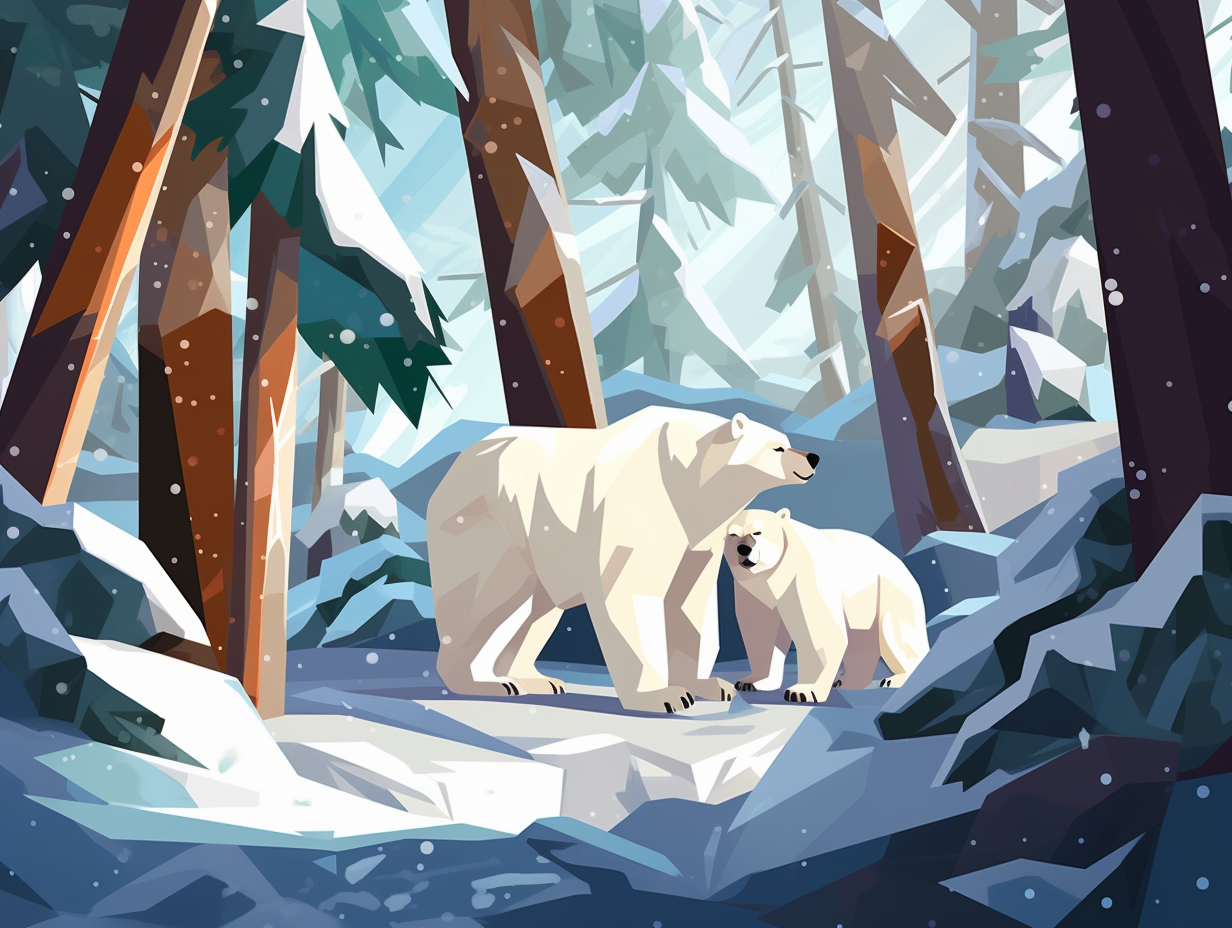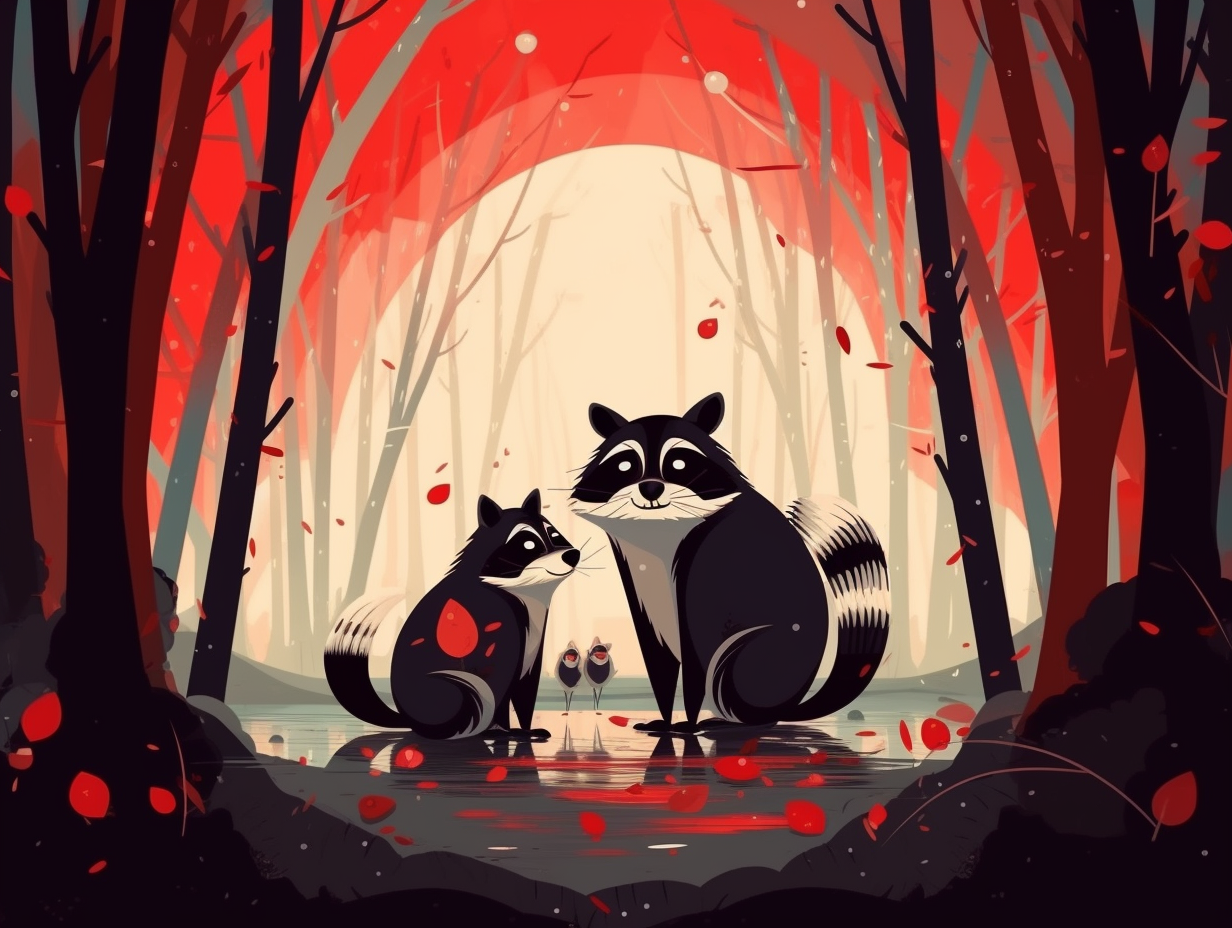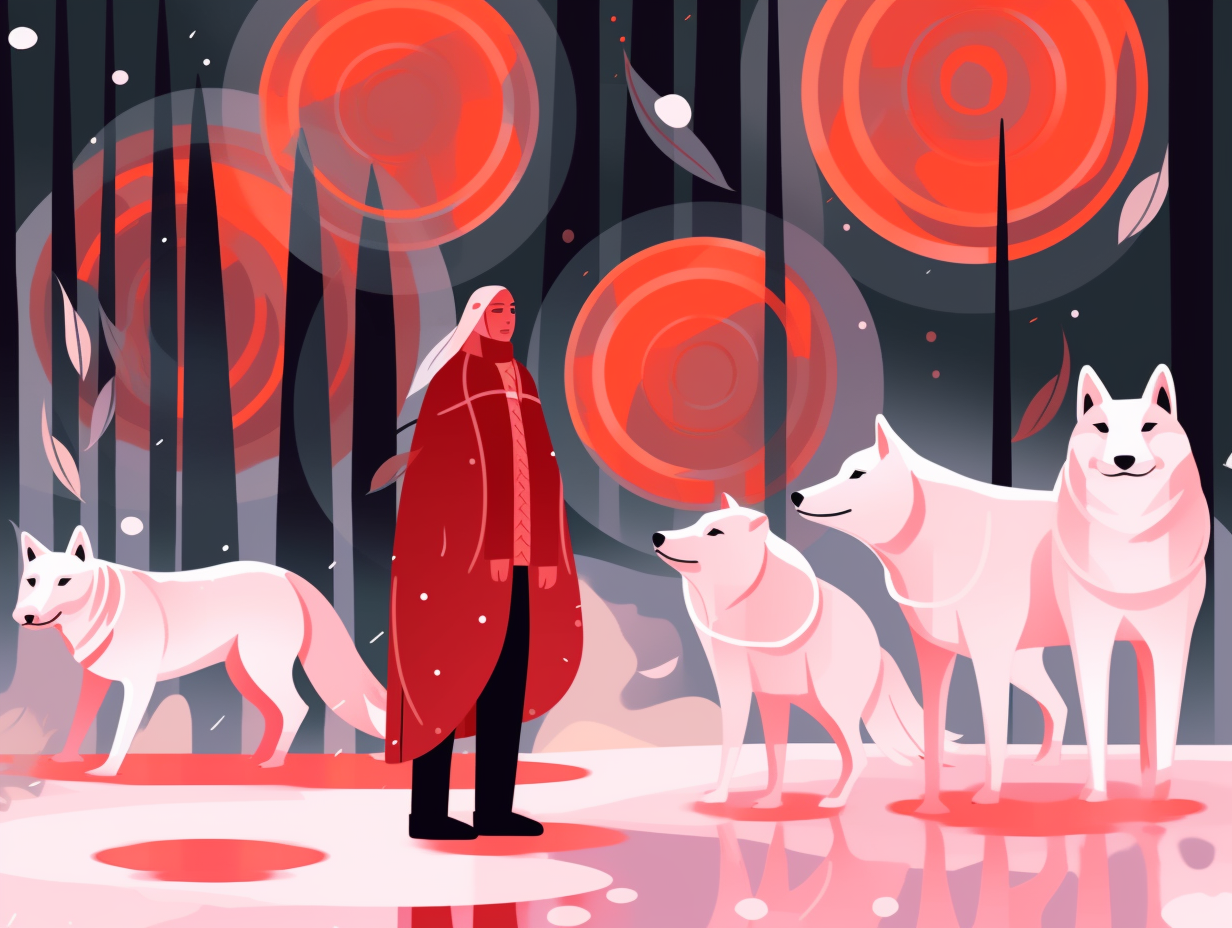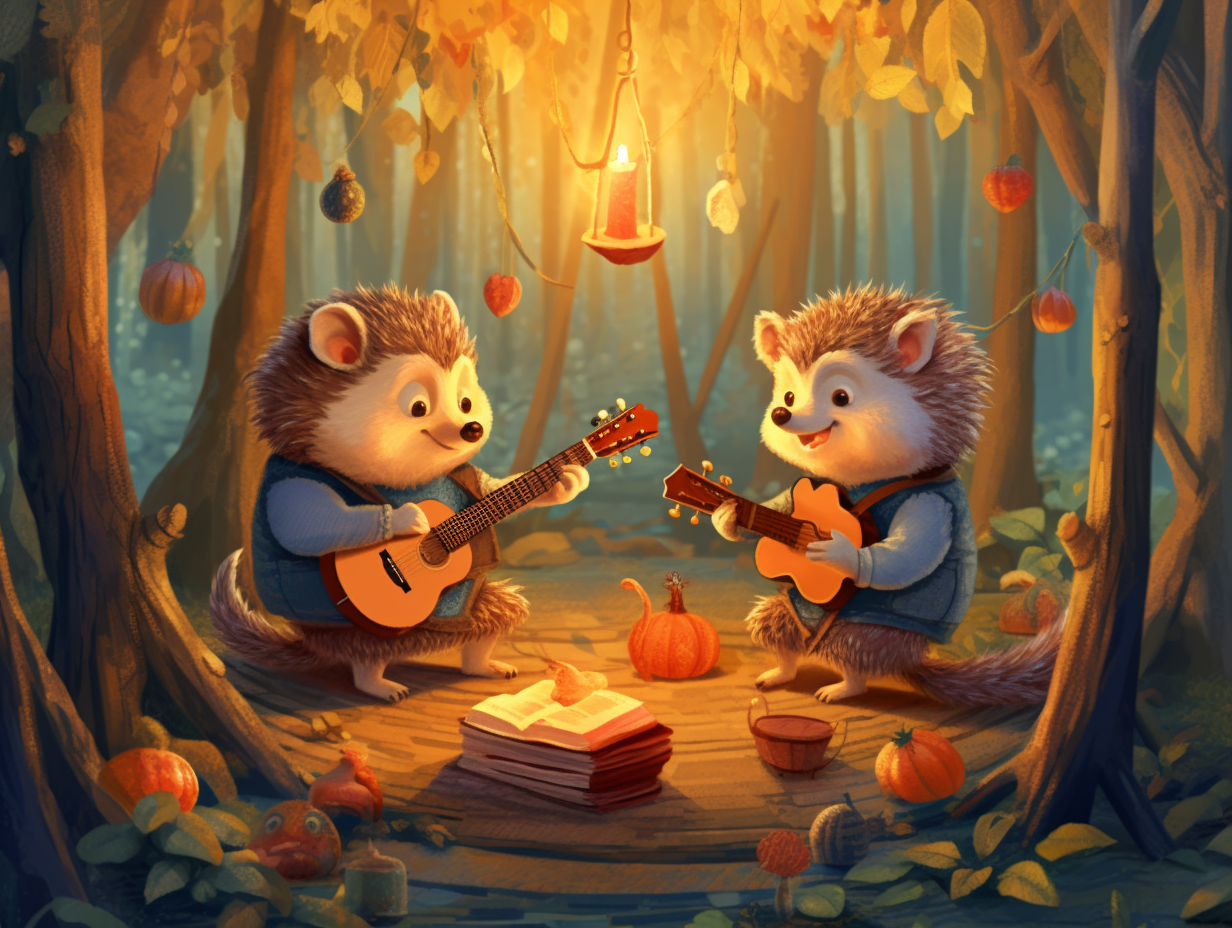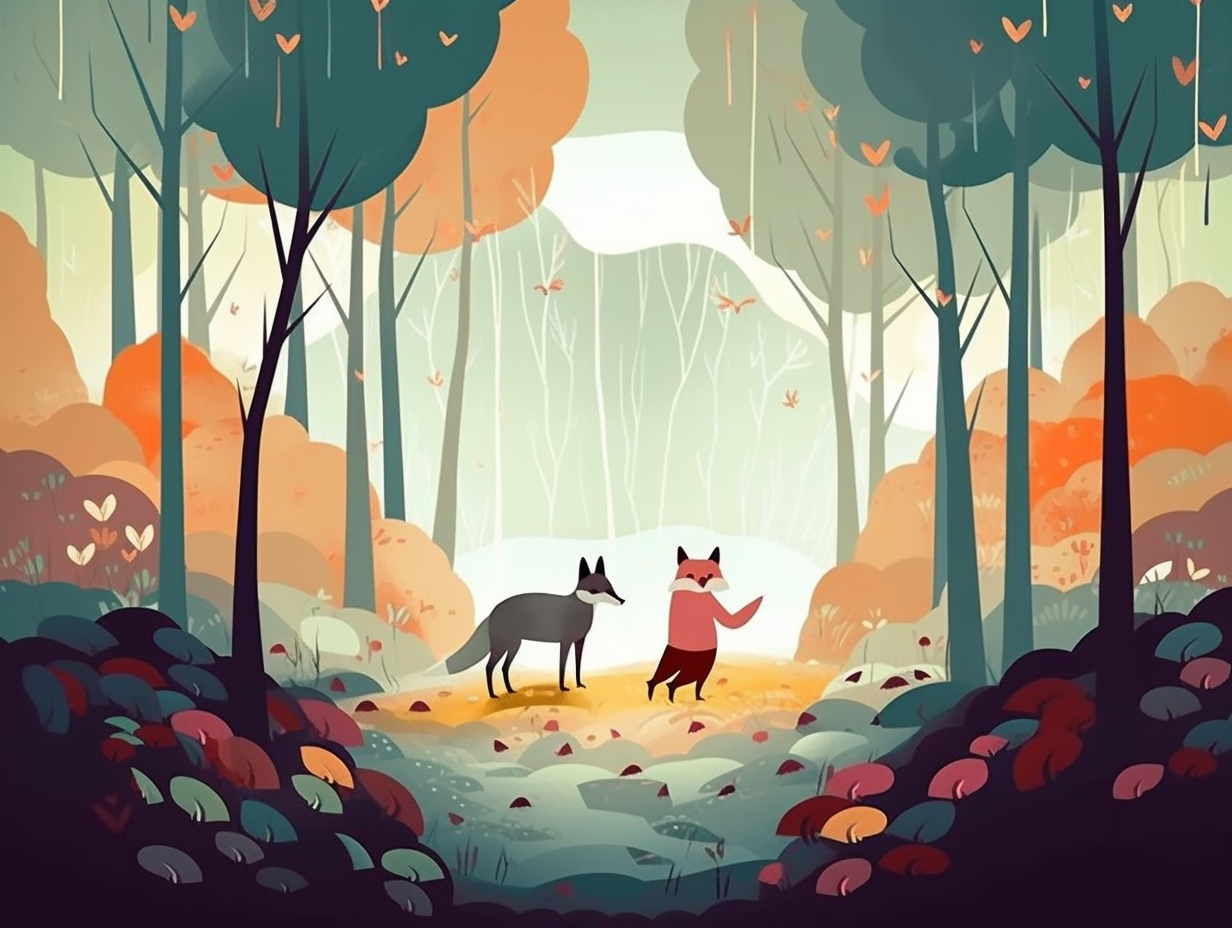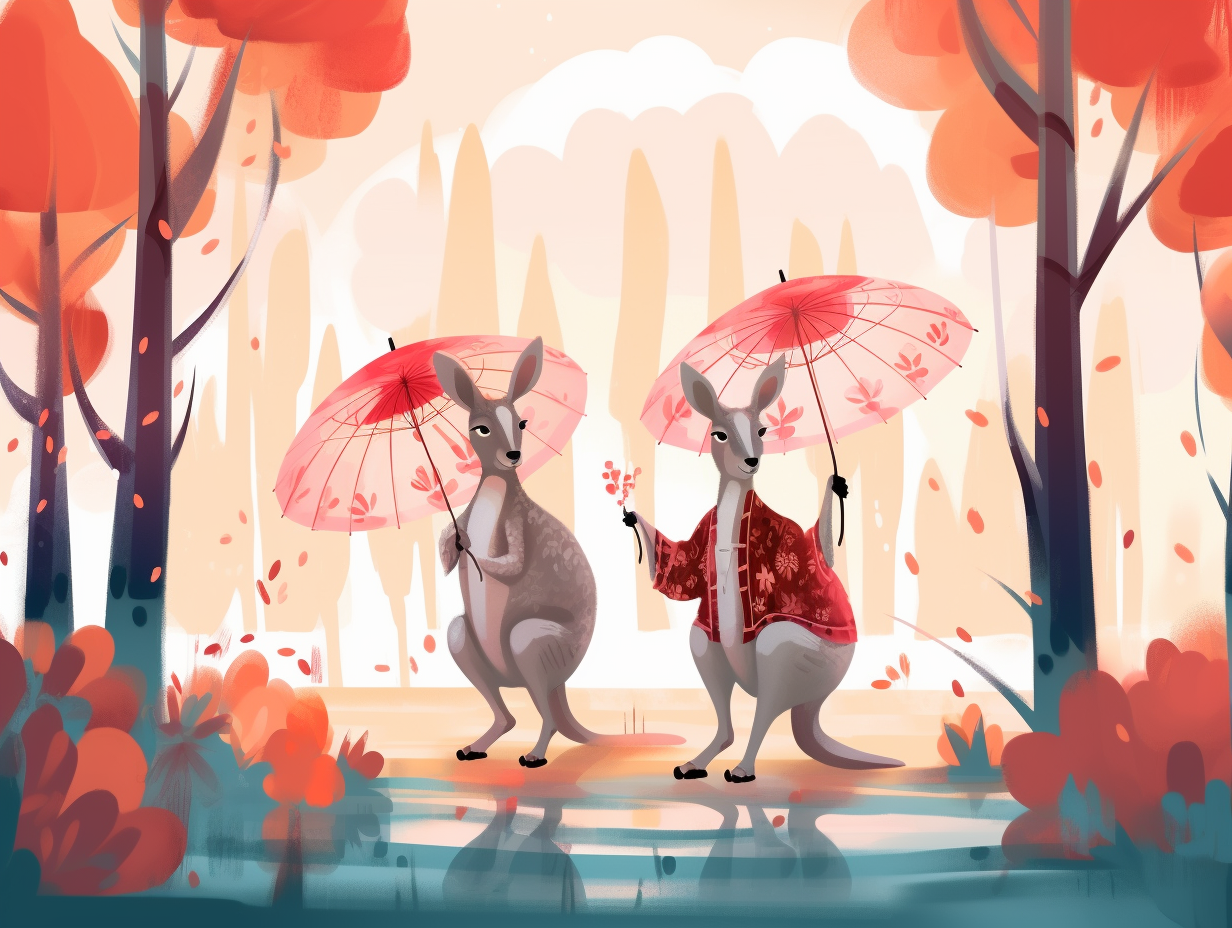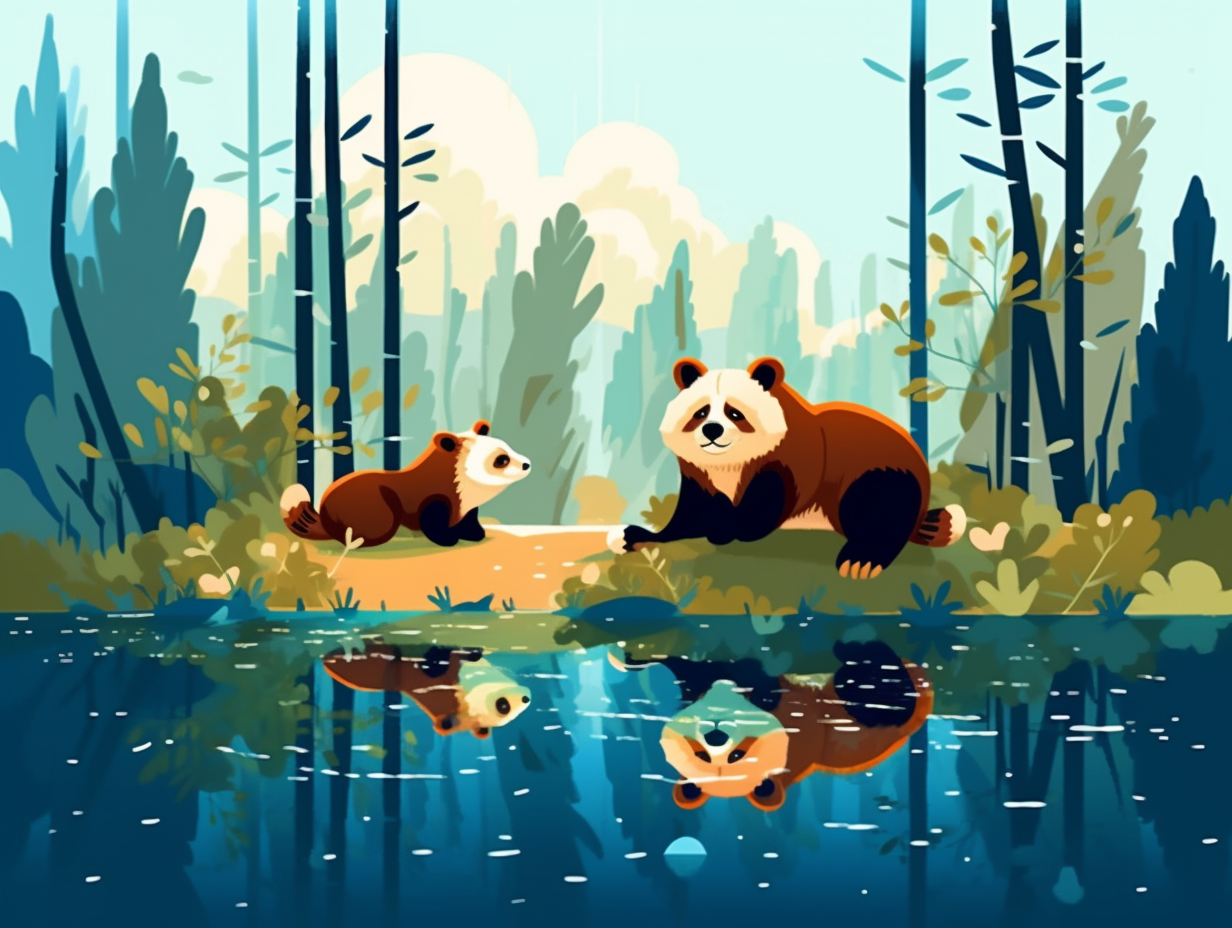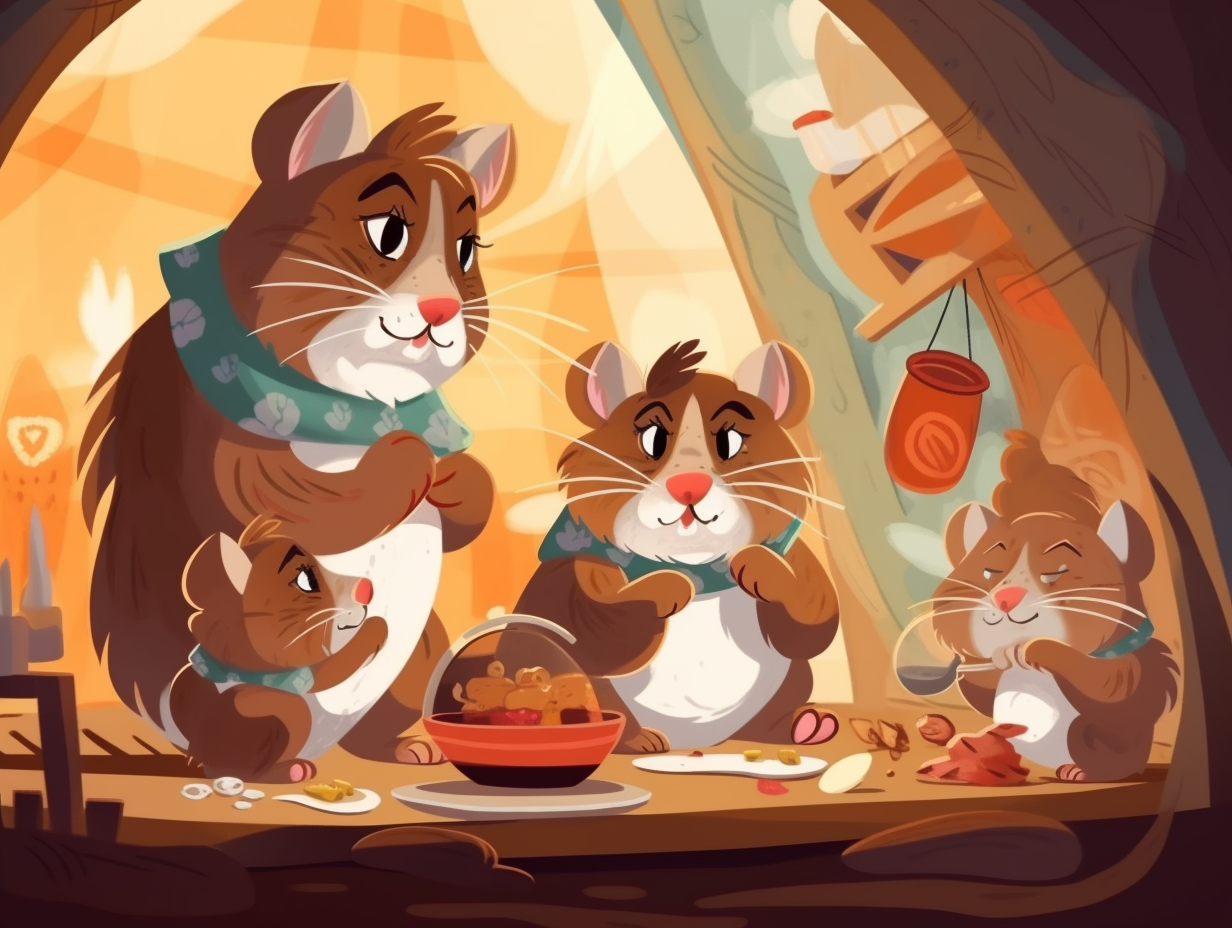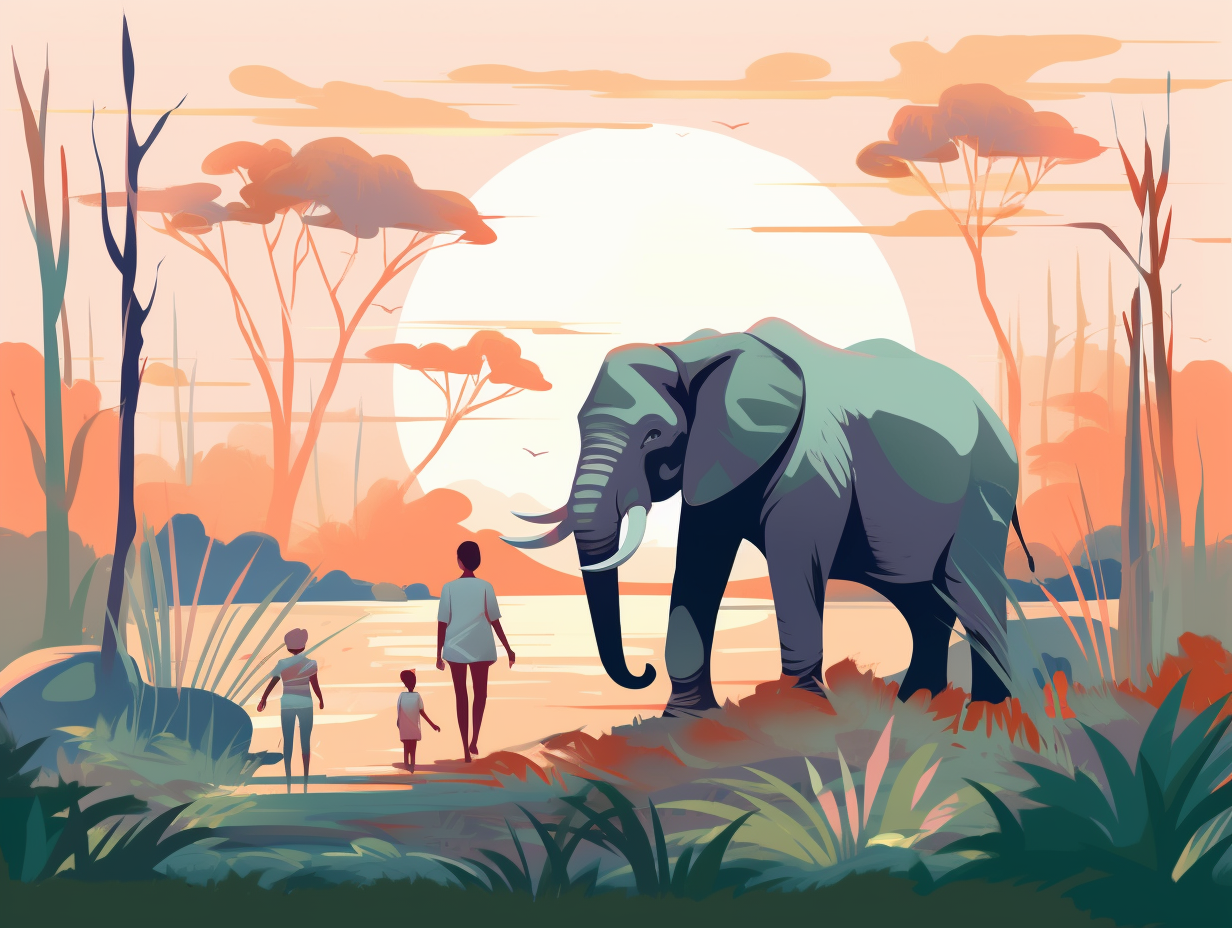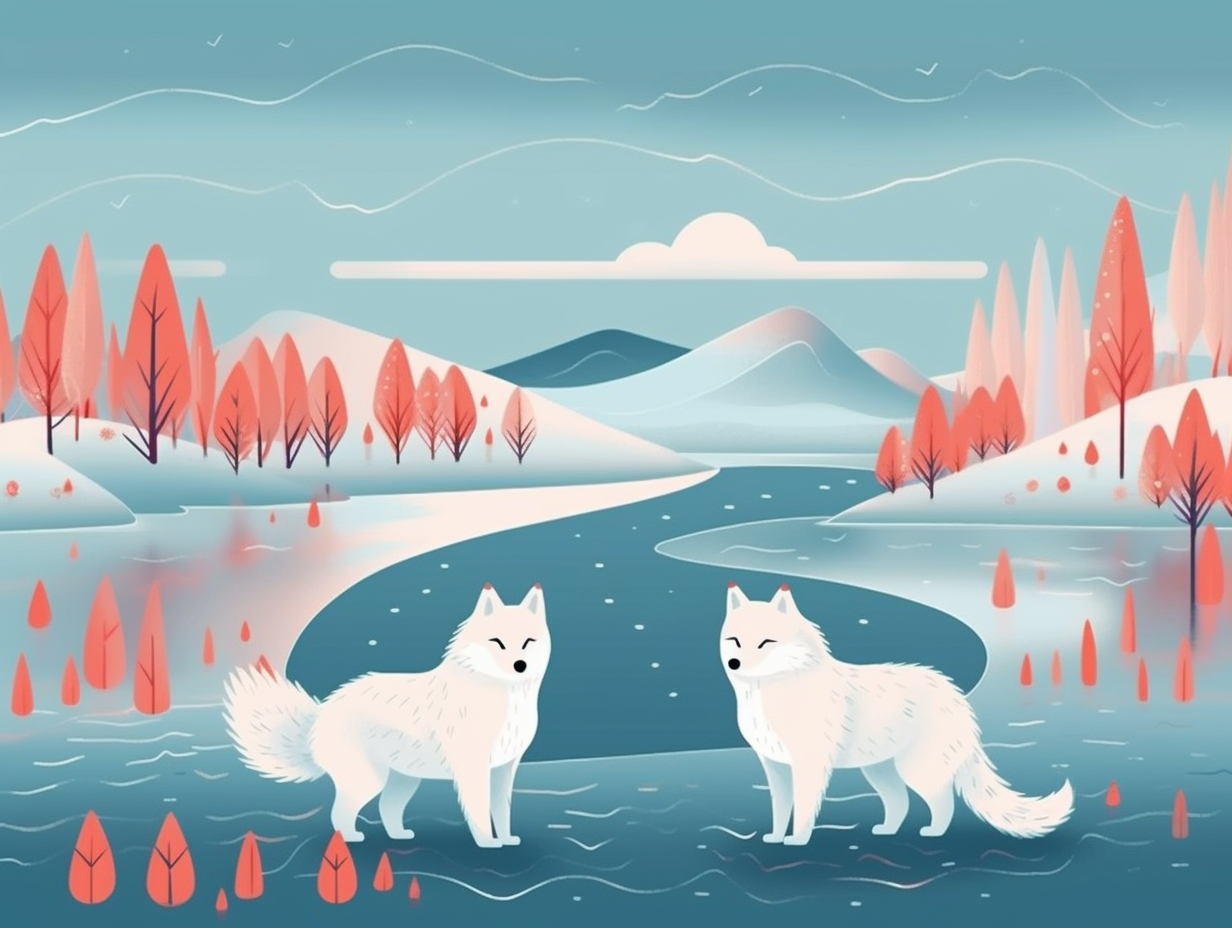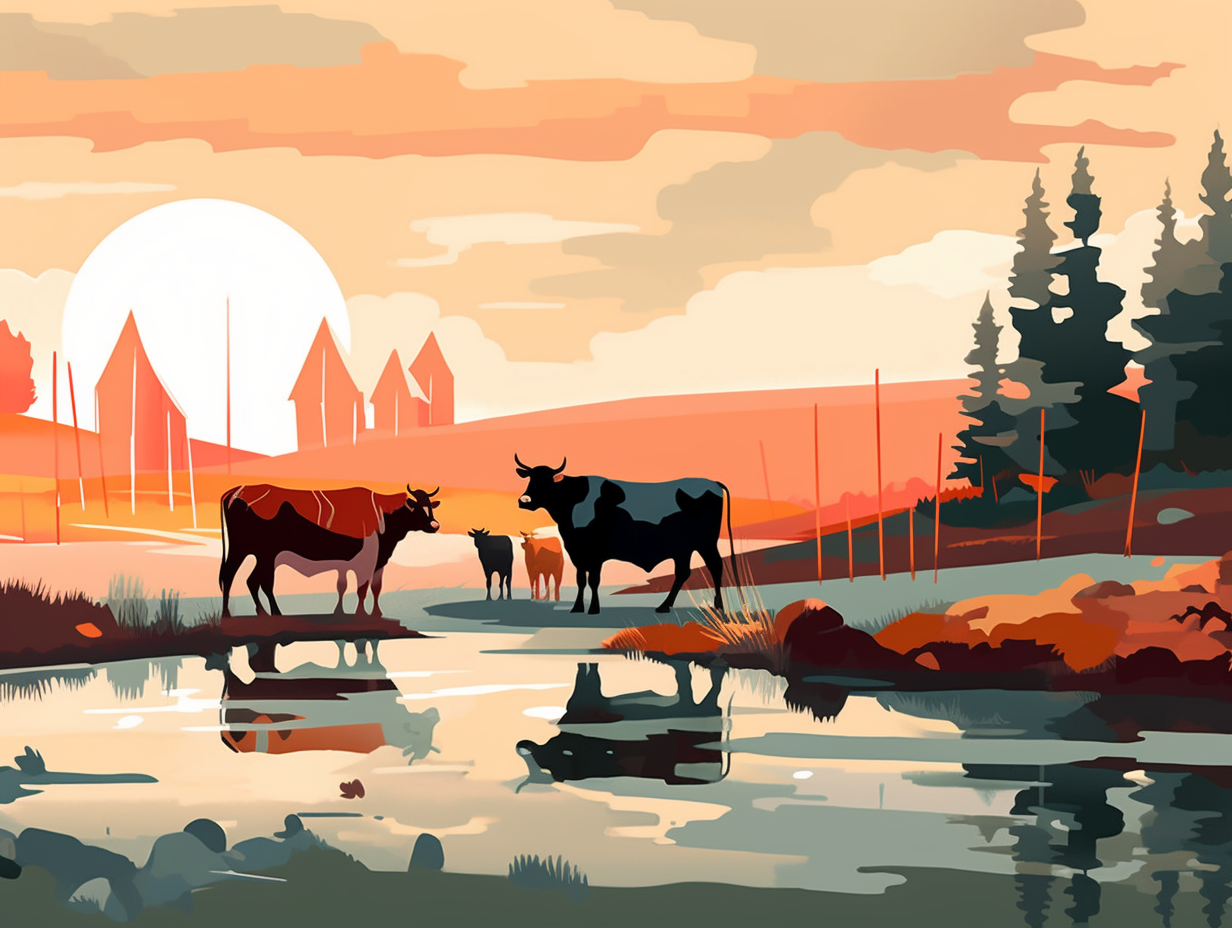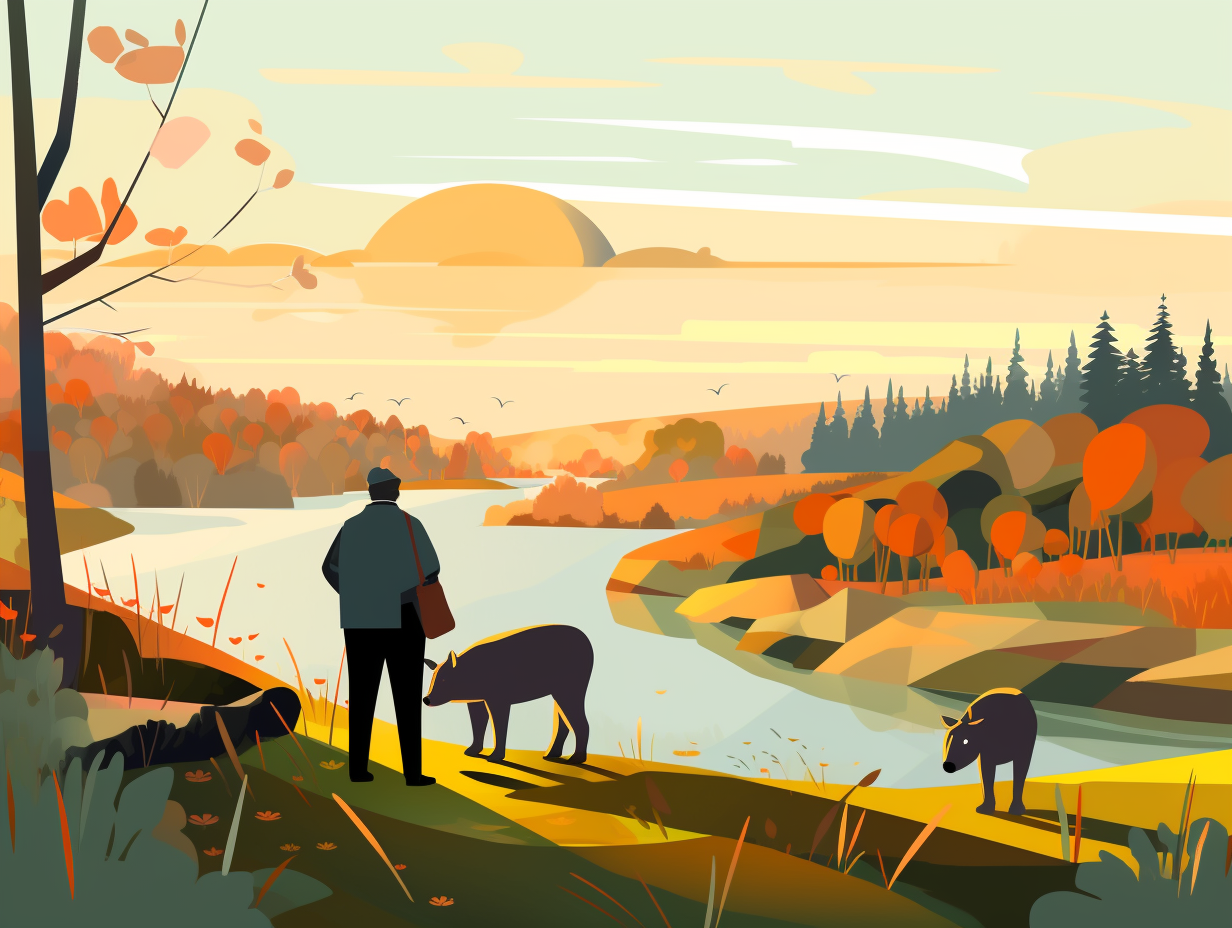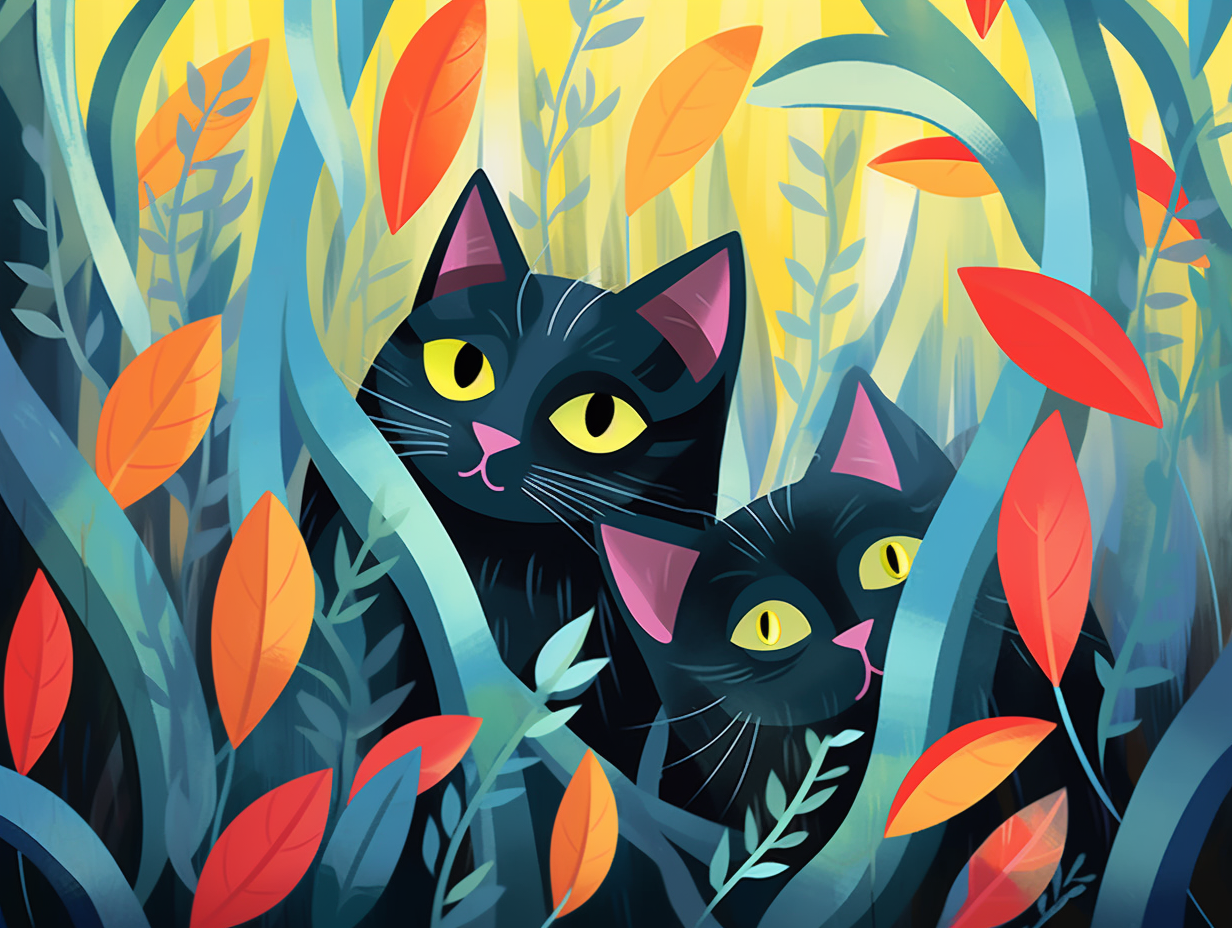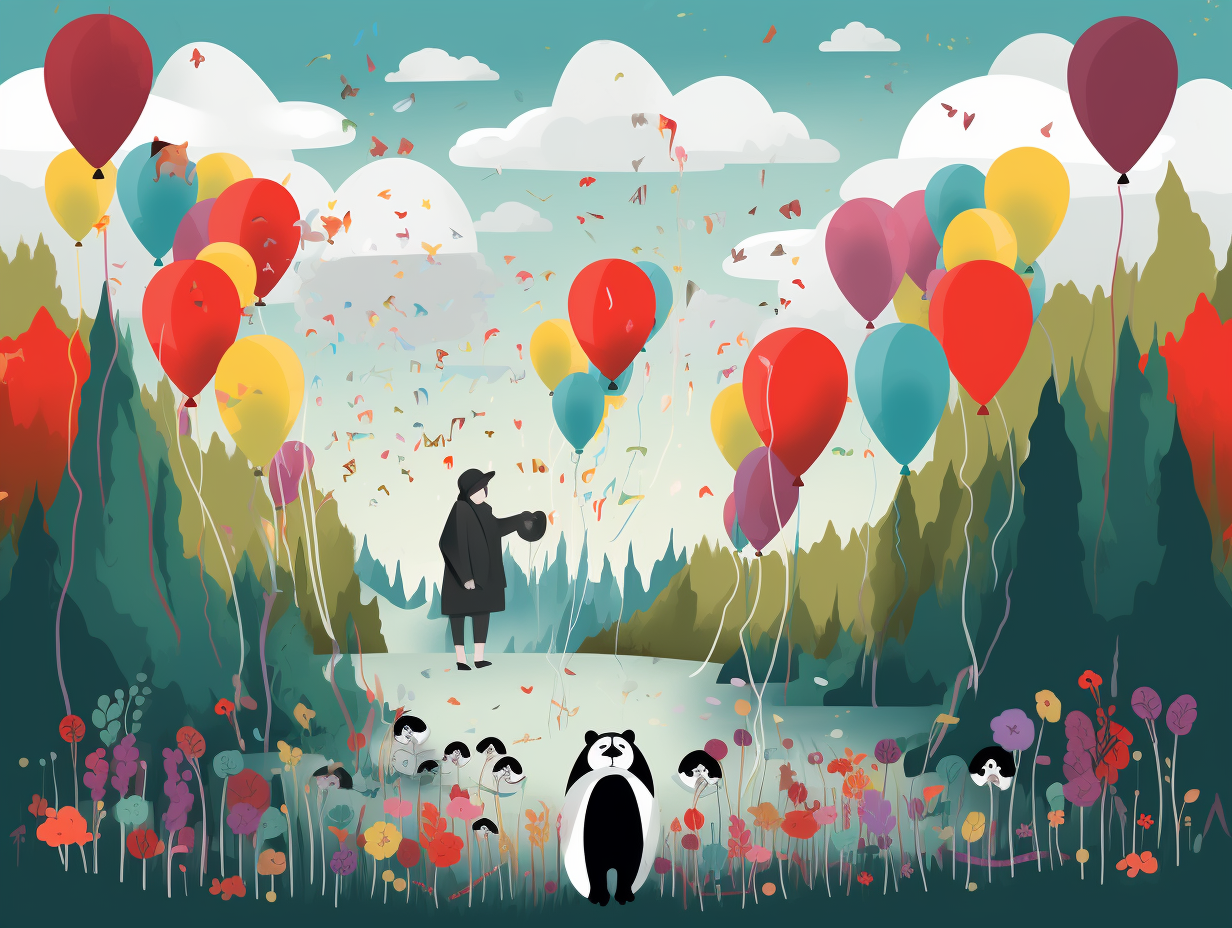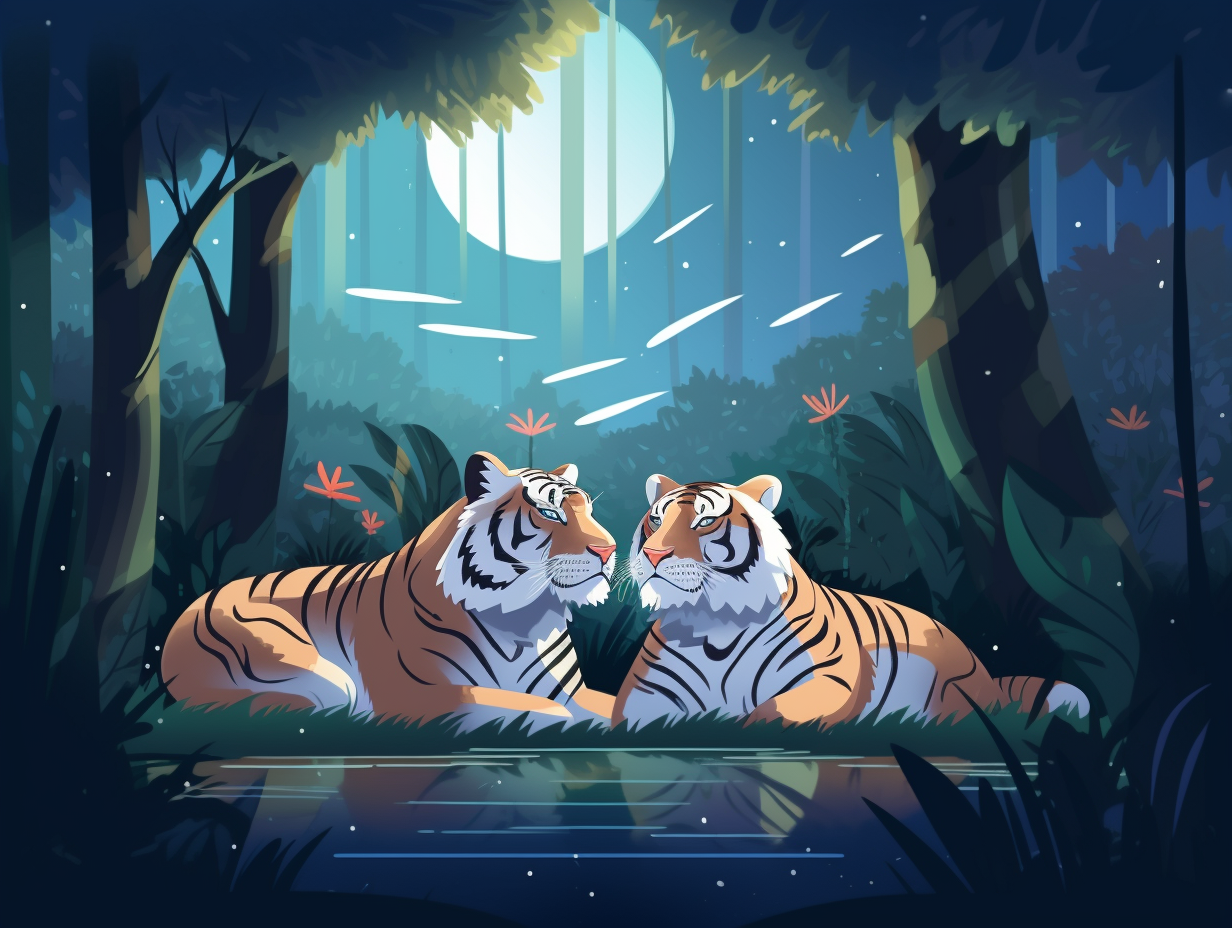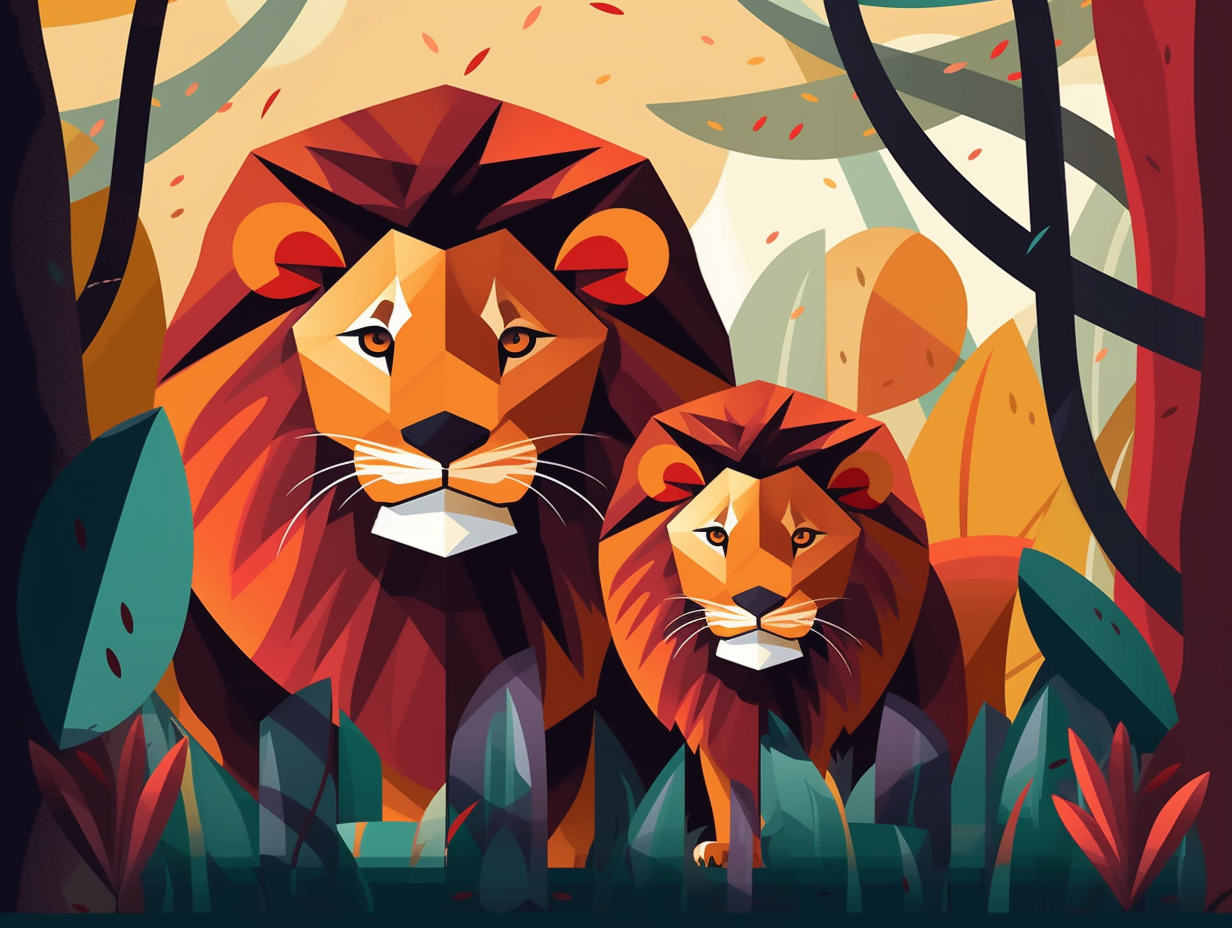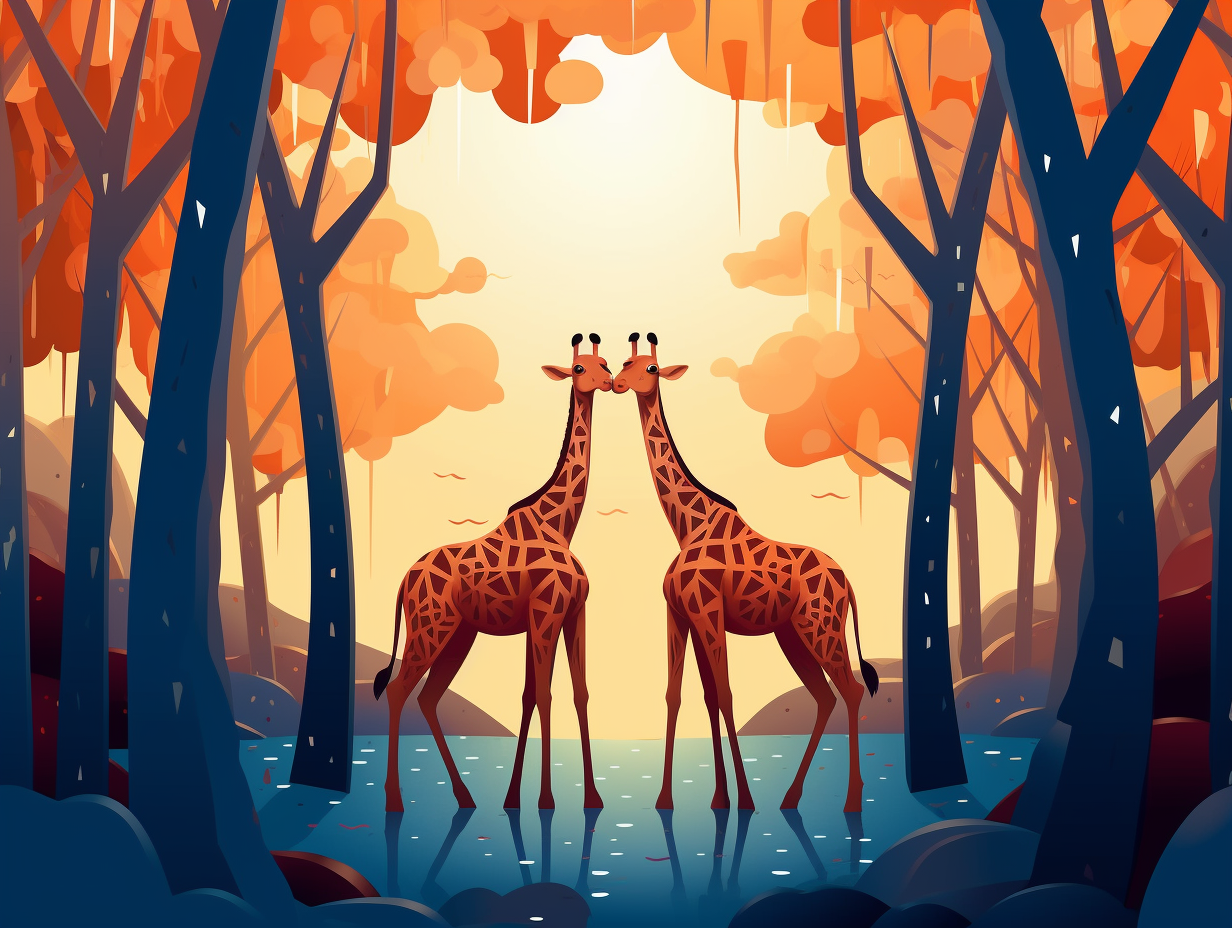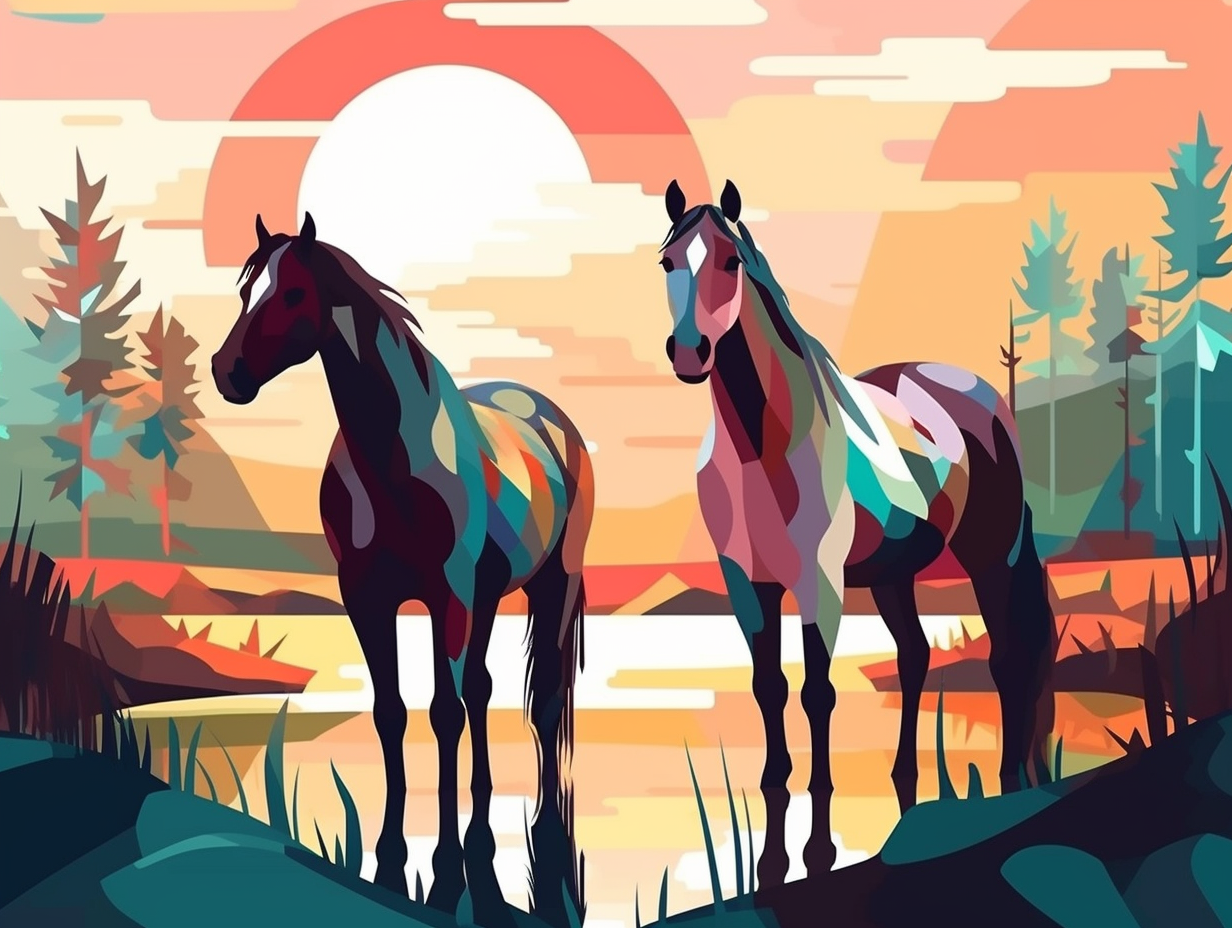20 Unbearably Fun Facts About Black Bears: Discover the Wild Side of These Fascinating Mammals
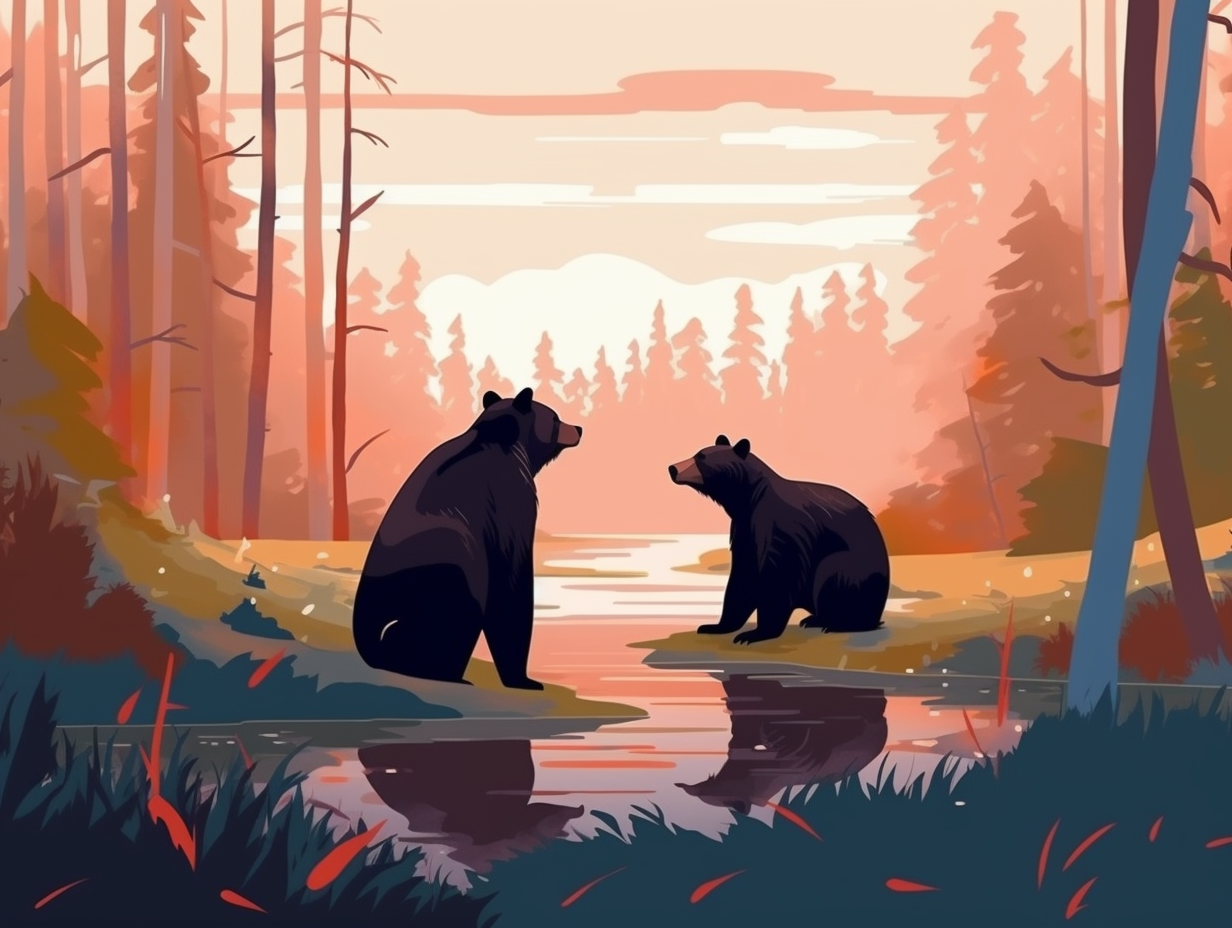
1. Bear Talk Shows
Forget prestigious prime time TV slots – black bears have their own day-time talk shows going on in the woods: Black bears are most active during midday, while their grizzly counterparts tend to be crepuscular and nocturnal, thanks to their differing foraging needs and dietary preferences.
Source => academic.oup.com
2. Anteater Black Bears
When black bears' taste buds crave a meal fit for ants (literally!), they're less likely to opt for beetle larvae and more likely to channel their inner anteater: Black bears predominantly consume ants and termites, and during summer, they focus on high energy foods like berries, grasses, nuts, and even hunt for meat such as cattle and moose.
Source => rangerplanet.com

Did you know brown bears hibernate for up to eight months, avoiding cold weather and snack shortages? Their well-stocked fat reserves keep them going during their snooze! Discover more fascinating facts about these amazing creatures. 🐻💤
=> Fun Facts about Brown-Bears
3. Usain Bear-Speed
In a race between a black bear and Usain Bolt, the bear would barely break a sweat and would leave the lightning bolt in the dust: A black bear can reach incredible speeds of up to 30 miles per hour, emphasizing the importance of taking precautions when venturing into their natural habitat.
Source => themeateater.com
4. Bear-lock Holmes
Whoever said brains and brawn don’t mix hasn't met black bears – they turn out to be the Sherlock Holmes of the animal kingdom with a touch of Mother Teresa: Black bears possess self-awareness, can count up to twelve, exhibit empathy, and even have a complex social structure and a keen sense of justice, according to bear expert Ben Kilham.
Source => sciencefocus.com
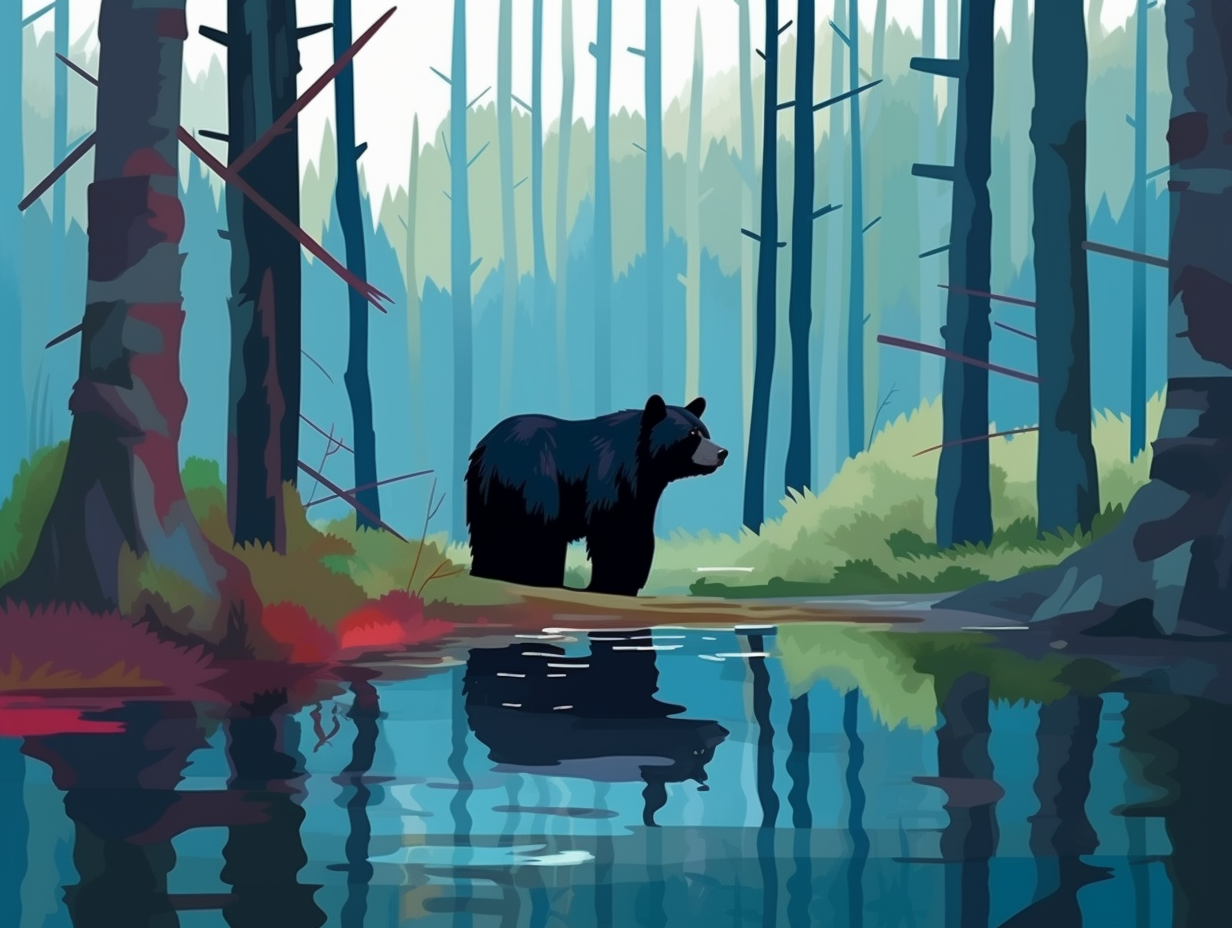
5. Gourmet Bear-diet
Ever wonder why a black bear's picnic basket is more colorful than Yogi Bear's? These furry foragers have a palate fit for a fine dining restaurant! Behold their gourmet inclinations: Black bears enjoy a diverse, omnivorous diet, with 85% of their intake in the Great Smoky Mountains National Park coming from nuts and berries. Distinguished by their keen taste buds and impressive intellect, they recognize food by both aroma and aesthetics. However, it's vital not to offer them human cuisine, as food-savvy bears can turn from cuddly connoisseurs to perilous pests.
Source => nps.gov
6. The Snout with Clout
They say the nose knows, but when it comes to black bears, it's more like "the snout has clout, there's no doubt": Black bears boast a nasal mucosa area 100 times larger than humans, resulting in a sense of smell seven times more powerful than a bloodhound! This incredible olfactory ability allows them to sniff out their favorite food sources from miles away, with some estimates even suggesting they can follow scents for up to 20 miles.
Source => nps.gov
7. Hibernation Metabolism Magicians
When black bears snooze the winter away, they put Sleeping Beauty's hundred-year slumber to shame with their impressive metabolism magic: These furry power-nappers can slash their metabolic rate by 50% and still maintain a cozy 88 degrees Fahrenheit body temperature, ranking them among nature's most elite hibernation experts.
Source => bear.org
8. Pedals, the Upright Bear
Walking like he owns the place, quite literally giving a new meaning to "bear with me": Pedals the black bear became an internet sensation for strolling upright on his hind legs due to injuries to his front paws, proving the astonishing adaptability of these creatures in the wild. Sadly, Pedals may have met his untimely end during New Jersey's first sanctioned bow and arrow hunt in over four decades, stirring a contentious debate between hunting proponents and those advocating for non-lethal ecosystem management methods.
Source => theguardian.com
9. Super-sniffer Forest Detectives
Move over, Sherlock’s bloodhound: there's a new super-sniffer in the forest! Black bears have an extraordinary sense of smell, so powerful that it leaves our canine detective friend in the dust: In fact, their olfactory prowess is seven times stronger than that of a bloodhound, making them supreme sniffers for tracking down tantalizing treats from miles away.
Source => defenders.org
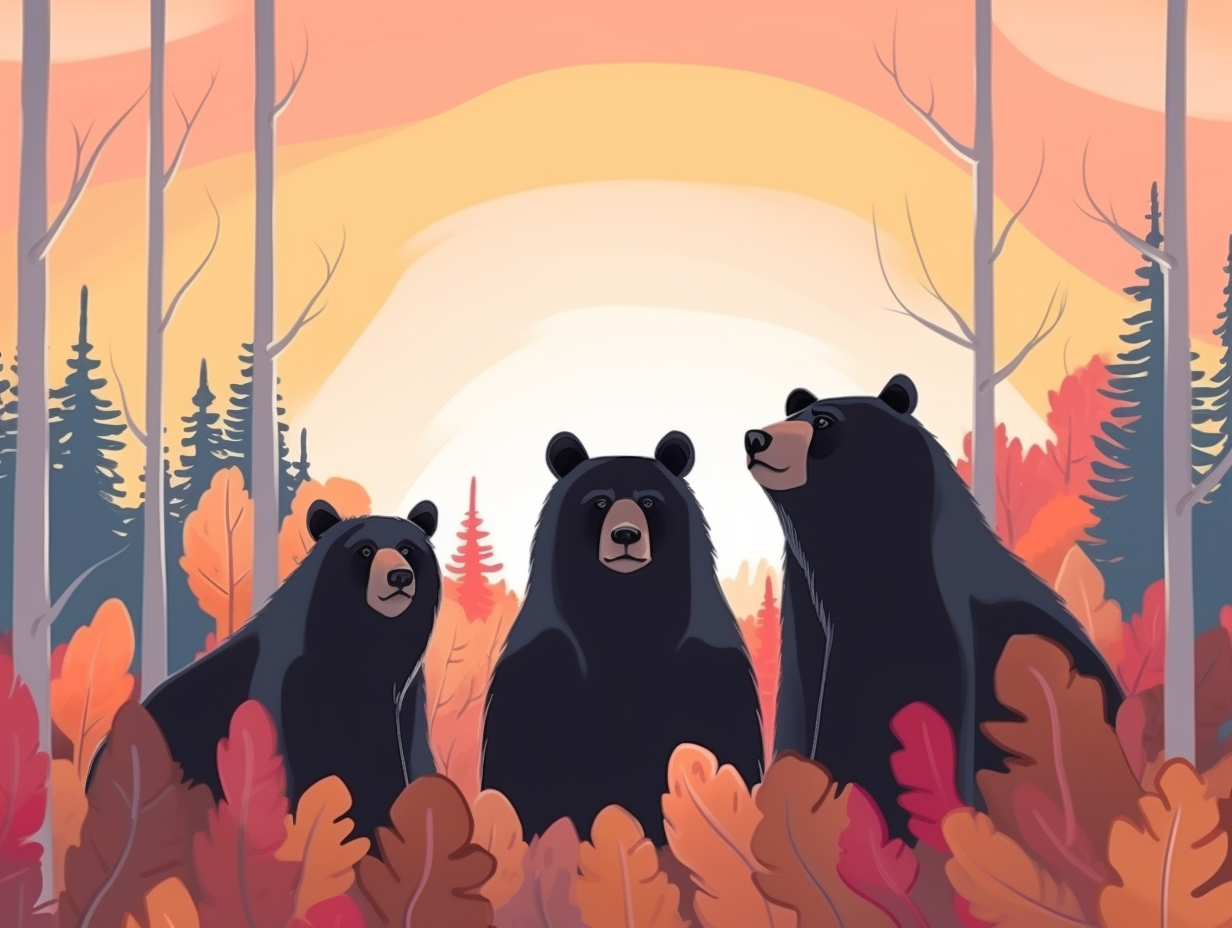
10. Pine-scented Bear
In a sticky situation just like Pooh Bear, black bears have taken a page out of A.A. Milne's famous character's playbook and discovered a pine-scented solution: By rubbing themselves against conifers, black bears benefit from the tree's resin which acts as a natural tick repellent, effectively protecting the bears from these pesky parasites. No need for honey or Hundos here, just good old-fashioned tree-rubbing as a form of back-scratching, bug-fighting brilliance.
Source => nytimes.com
11. Hibernation Superman
You've heard of bear-necessities, but have you met Hibernation Superman? Bears may not sport capes, but they're rocking the longest, laziest sleep slumber party known to the animal kingdom: Black bears hibernate for up to 6 months, slowing their metabolic rate by 50-60%, recycling metabolic waste to maintain muscle and organ tissues, increasing lean-body mass, and surviving on a fat layer built up during pre-hibernation months all while losing 15-30% of their body weight!
Source => nps.gov
12. Scent-sational Bear Spies
Move over, bloodhounds: black bears are the true "scent-sational" superstars on the sniffing scene! From detecting an exquisite forest feast to eavesdropping on bear-buddy gossip, there's no escaping these furry spies: Black bears possess a sense of smell more than 2,000 times stronger than humans, all thanks to their oversized olfactory bulb that helps them locate food, mark territories, and eavesdrop on fellow bears, making your leftover picnic sandwich or campground trash as irresistible as a high school love note.
Source => mdwfp.com
13. Mama Bears' Hibernation Lactation
Talk about a "bear" necessity: black bear cubs are born with barely a fuzz on them and almost zero crawling skills! But mama bears know how to hibernate and lactate: they lose a third of their body weight to nurse their cubs throughout winter, as papa bears sit this one out, leaving junior males to wander 137 miles away to find their own furry love adventures.
Source => bearwithus.org
14. Speedy Foodie Bears
Whoever said "slow and steady wins the race" never met a black bear: these furry speedsters can bolt at speeds of up to 40 mph, making them true racing legends in the animal kingdom. They're also skilled at juggling a diverse diet, munching on plants and smaller animals like a true foodie. And, although bears have been accused of dabbling in feline felonies, chances are slim that they'd catch a cat burglar red-pawed, given their intelligence and ability to pick their battles wisely.
Source => a-z-animals.com
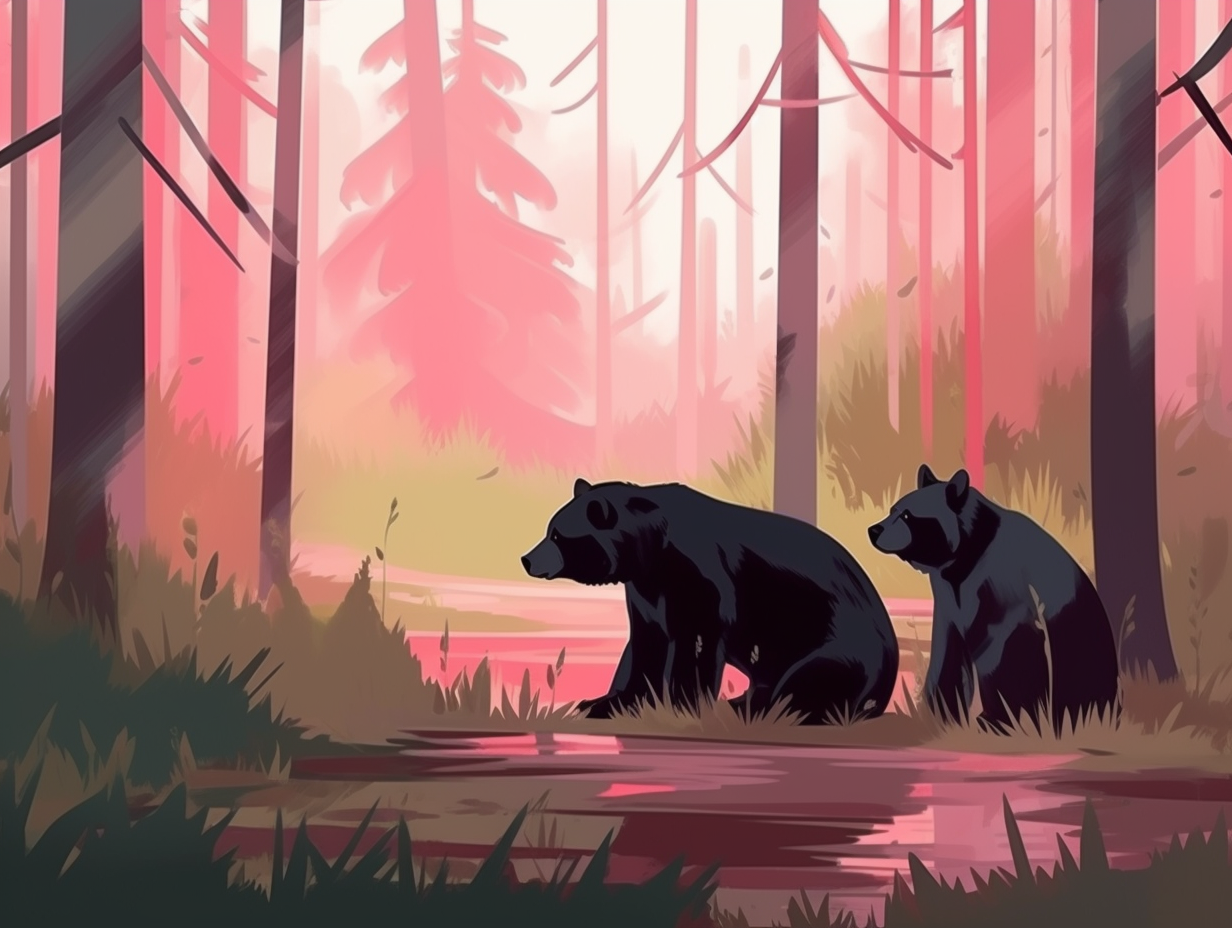
15. Sherlock Noses
Forget K-9 sleuths, black bears are the true "Sherlock Noses" of the animal kingdom: With a sense of smell seven times stronger than a bloodhound, they can sniff out berry patches, oak stands, and farm fields from over a mile away. Bonus sensory skills include hearing twice as sharp as humans and decent up-close eyesight, but don't expect them to spot a picnic basket at long range - their far-off vision is basically a blurry mess.
Source => myfwc.com
16. The Bearicorn: Kermode Spirit Bear
Who let the bearicorn out? Behold the magical Spirit Bear: This rare subspecies of black bear, known as the Kermode bear, sports a dazzling creamy white fur due to a recessive gene and is revered by indigenous peoples along the coast of British Columbia where they reside on just a few islands, making up to 20% of the population in certain areas.
Source => bear.org
17. Bearbnb Tree Crisis
Here's a "bear-y" interesting tale from the land of the lumberjacks: Black bears in the western coastal rainforests of North America are basically elite Airbnb customers, sourcing and occupying luxurious tree and stump dens to get away from danger and the harsh winter weather. But, alas, the past century of industrial forest harvesting has caused a real estate crisis among these trees, leaving many bears scrambling for suitable lodgings in their beloved old-growth forests. Time for a bear market intervention!
Source => wildlife.onlinelibrary.wiley.com
18. Forest Food Connoisseurs
If Goldilocks met these bears, she would find their diet to be "just right": Black bears are exceptional foragers, feasting on everything from tiny insects and ripe berries to unsuspecting deer fawns and helpless moose calves, making them true connoisseurs of forest grub. When it's salmon season, they turn into professional fish catchers along the coastal regions of British Columbia and Alaska.
Source => bearbiology.org
19. Wood Wrecking Bear Recyclers
Move over, lumberjacks: the original wood wreckers are black bears! These furry fellows are nature's cleanup crew, climbing trees and tearing apart logs like it's their day job. Not only are these superb recyclers aiding in the decay process, but they've got the memory and sniffing skills to track down their next meal with ease: Black bears are expert tree climbers with short, curved claws, and their exceptional sense of smell allows them to find food within a 100-square-mile range, catering to their primary diet as opportunistic omnivores.
Source => westernwildlife.org
20. Voracious Black Bears
Who knew black bears were nature's food critics, extraordinarily indulging their vast appetites: A black bear's diet can include plants, berries, insects, carrion, small mammals, birds, reptiles, and amphibians, and during the autumn season, they may consume up to 20,000 calories a day in a 20-hour eating marathon to prepare for their winter hibernation.
Source => bearwise.org
Related Fun Facts

